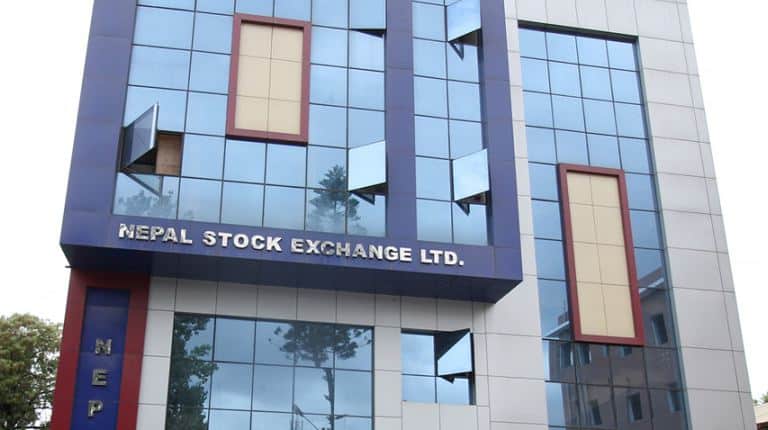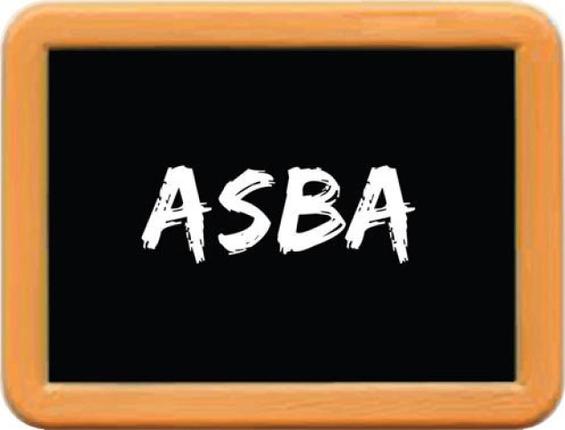What is book value or net worth ?


In simple words, Book value of equity per share (BVPS) is a ratio that divides "total equity" by the number of common stock shares outstanding. The book value of equity per share is one factor that investors can use to determine whether a stock price is undervalued.
So what is common equity ?
On a company's balance sheet, the amount of the funds contributed by the owners (the shareholders) plus the retained earnings (or losses) and reserves . Also referred to as stockholders' equity or shareholders' equity or book value.
In Nepal, every time a company earns a profit it can distribute only 80% of the profit. The company needs to transfer 20% of the profit to its reserve.
The company maintains this reserve for a specified purpose. There are several reserves that a company needs to maintain. Some reserves are made by the company themselves on their own discretion. However some are statutory and directed by the laws to be maintained. The general reserve is also a kind of reserve maintained by the company, which they use for further business. They however belongs to the shareholders.
So, in short, Paid up Capital and reserve are two funds that shareholders get if the company liquidates. So, dividing the sum of this two funds by number of shareholders, shows a shareholder the funds that belong to him.
For example: XYZ Co. has 100 shareholders. The paid up capital of that company is Rs. 50,,000 and the company has a reserve of Rs. 30,000.The market price of that company is Rs 1000.
So book value per share is, (50000+30000)/100 = Rs. 800 .
It signifies that, even if the company dissolves that day, shareholders will get Rs 800 per share from the company.











